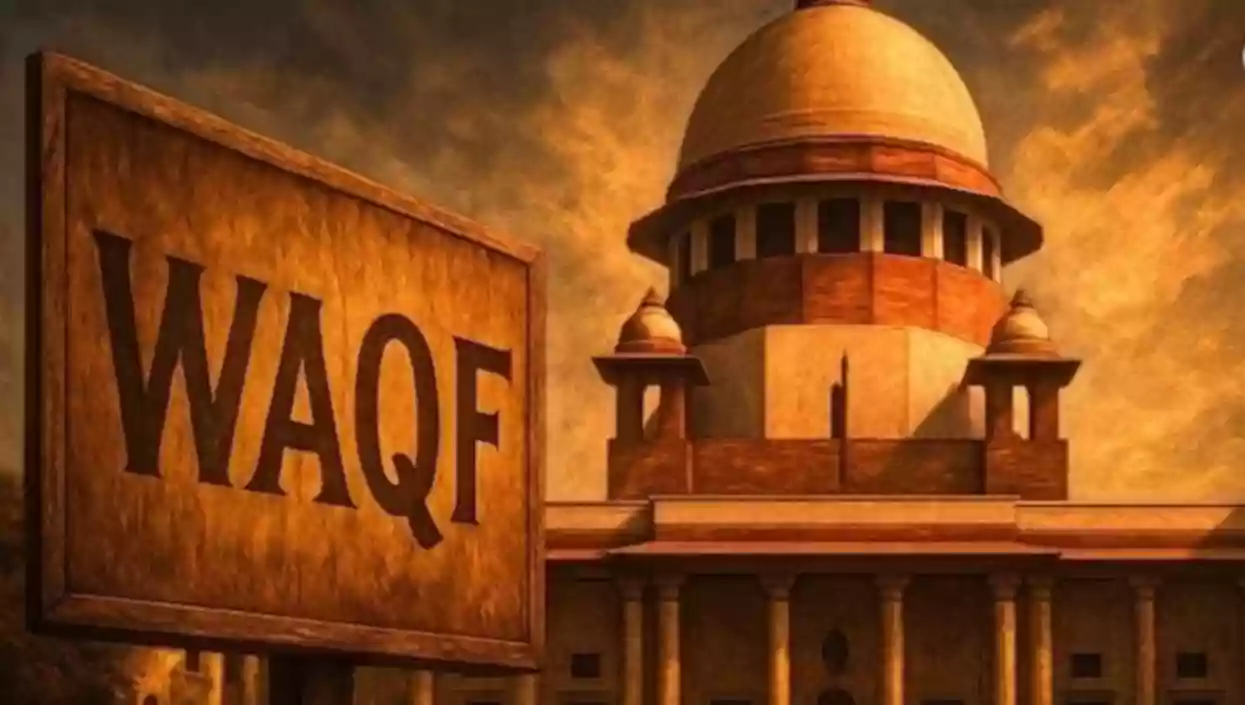.gif)
.gif)

The Supreme Court on Thursday reserved its order on a batch of petitions challenging the constitutional validity of the Waqf (Amendment) Act, 2025. The hearing witnessed intense arguments around the religious nature of waqf, with the petitioners insisting that waqf is a unique concept of charity to God within Islam, unlike general community charity.
Senior advocate Kapil Sibal, appearing for the petitioners, argued that waqf is not just any donation, but a spiritual dedication to God meant for the afterlife. "Waqf is a dedication to God, not merely for the community. It is for the future, for spiritual benefit,” he said. Responding to this, Chief Justice BR Gavai remarked, “In Hindus, there's a concept of Moksh,” drawing parallels between the faiths. Justice Augustine George Masih added, “We all try to get to heaven,” pointing to Christianity’s version of afterlife aspiration.
Earlier, the Centre had claimed that waqf was merely a form of charity and not an essential part of Islam, prompting rebuttals from both Sibal and advocate Rajeev Dhawan. Dhawan pointed out that even in Hinduism, temples are not essential, with many followers worshipping natural elements like fire, water, and rain. This, he argued, reflected the diverse practices within religions and highlighted that essentials can't be judged by rigid structures alone.
Sibal also raised concerns over non-Muslim representation in waqf boards. “As far as Hindu religious endowments are concerned, non-Hindus are not included. But in waqf, four non-Muslim members can be part of it. Even one is enough,” he said, hinting at inconsistencies in policy and religious autonomy.
With both sides wrapping their arguments after three days, the bench comprising Chief Justice Gavai and Justice Masih has reserved its verdict, which is expected to be delivered on Friday. The outcome of this case could have significant implications on how religious charities are interpreted in the legal and constitutional framework of India.